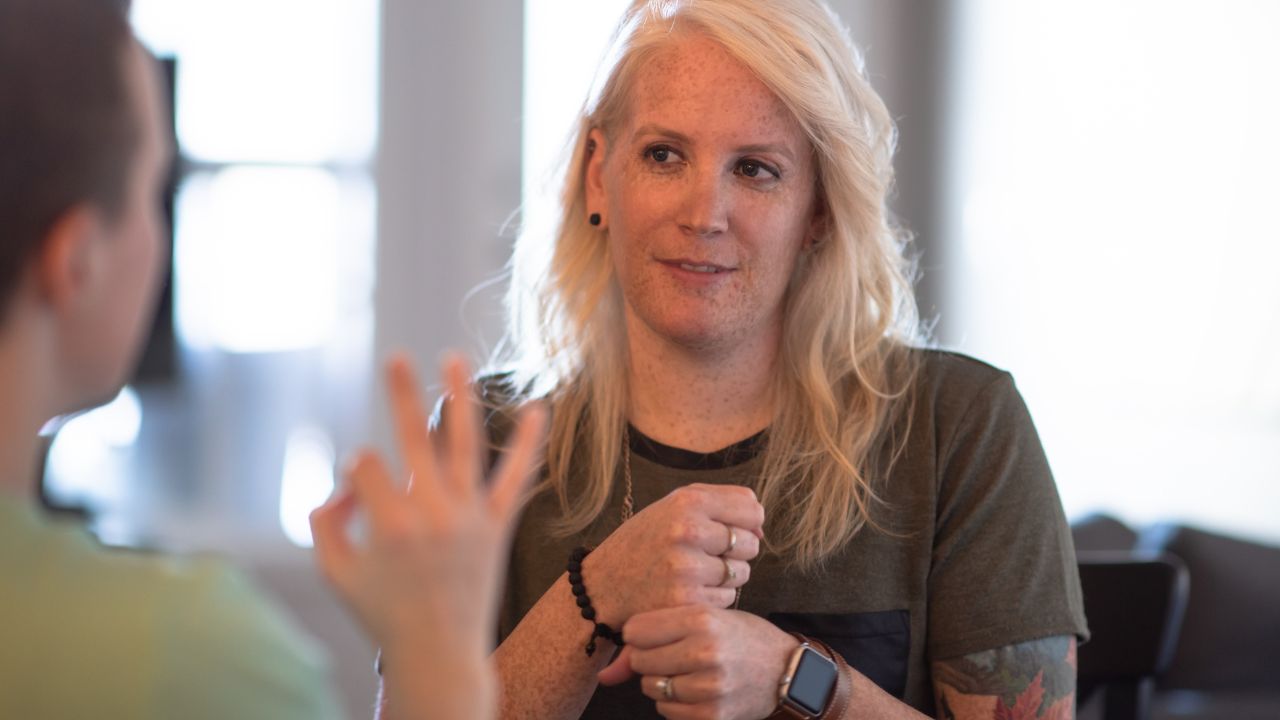Facing the Relationship Dilemma
No one enters a relationship intending for it to end but very often we are left in a position to ponder the question; should I stay or should I go? We often believe that love alone can weather any storm. However, there comes a time when the most courageous decision isn’t about how to stay—but whether to stay.
Should I Stay or Leave My Relationship?
This internal conflict is a common theme in therapy sessions. Clients grapple with questions like:
-
“Is it me?”
-
“Are we just in a rough patch?”
-
“Am I giving up too soon?”
-
“Have I stayed too long?”
While there’s no universal checklist, certain signs, patterns, and clinical data can illuminate the path forward.
The Case for Staying: Indicators of Potential Growth
Relationships are inherently imperfect. Most long-term couples experience periods of disconnection, conflict, and doubt. Yet, research by Dr. John Gottman reveals that couples who maintain a 5:1 ratio of positive to negative interactions are significantly more likely to stay together. This means that even during conflicts, the emotional climate includes kindness, respect, humor, and emotional safety.
Consider staying if:
-
Conflicts are followed by mutual repair and a desire to understand.
-
Both partners show willingness to grow and take responsibility.
-
There’s a shared vision for the future.
-
Emotional intimacy is present.
-
Challenges are circumstantial (e.g., new parenthood, burnout, grief) rather than chronic patterns of disrespect or contempt.
In such cases, interventions like couples therapy intensives can help restore the relationship’s health.
The Case for Leaving: Recognising Harmful Patterns
Sometimes, staying in a relationship leads to a gradual erosion of self-worth. You may find yourself feeling anxious, emotionally shut down, or like a shell of your former self.
Red flags include:
-
Chronic criticism, defensiveness, stonewalling, or contempt (Gottman’s “Four Horsemen”).
-
Lack of repair after conflicts or emotional shutdown.
-
Patterns of gaslighting, manipulation, or coercive control.
-
Repeated betrayal or broken trust without meaningful change.
-
Deep misalignment in values or future vision.
A 2020 study in the Journal of Social and Personal Relationships found that individuals in high-conflict, low-support relationships experience significantly more symptoms of depression and lower self-esteem than those who are single. Staying in a relationship that undermines your well-being isn’t noble; it can be psychologically and physically harmful.
If you feel more like a caretaker or emotional dumping ground than a partner, or if your partner resists exploring healthier dynamics, leaving may be the most self-honouring choice.
The Gray Zone: Navigating Uncertainty
Some relationships aren’t toxic but have become flat, disconnected, or stagnant. Even after efforts like therapy and deep conversations, things may not improve. When deciding “should I stay or should I go” consider whether you’re staying out of fear, nostalgia, or obligation.
Reflect on:
-
Who am I in this relationship?
-
Do I feel emotionally seen and safe?
-
Are we growing together or merely coexisting?
Sometimes, the person you once loved no longer aligns with who you’re becoming, and the relationship may have run its course.
What Research Says About Relationship Decisions
-
A 2018 meta-analysis in Clinical Psychology Review indicates that ambivalence in relationships is linked to increased stress, anxiety, and decision fatigue.
-
The Marital Instability Over the Life Course Study found that individuals who reported being “very unhappy” but stayed in their marriages were almost five times more likely to report happiness five years later—but only when both partners made efforts to change.
-
Conversely, those who left deeply unhappy relationships often reported higher life satisfaction over time, especially when the relationship involved chronic emotional disconnection or abuse.
Final Thoughts: Making an Empowered Choice
Whether you choose to stay or leave, the key lies in the consciousness behind your decision. Are you staying out of fear or trust? Staying is noble when both partners are committed to personal growth. Leaving is noble when you trust your judgment and honor your self-preservation.
There’s no one-size-fits-all answer, but there is a right answer for you—one that aligns with your values, needs, and self-respect.
Remember, you’re not weak for trying, nor selfish for walking away. You deserve a love that chooses you back.
Take Action: Assess Your Relationship Health
The Gottman Relationship Checkup is a valuable tool to evaluate your relationship’s strengths and areas for growth. Consider taking this assessment to gain deeper insights into your partnership.





